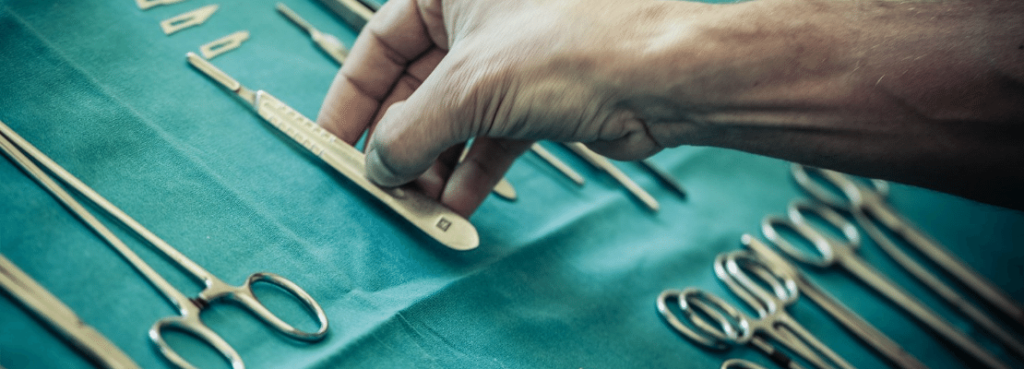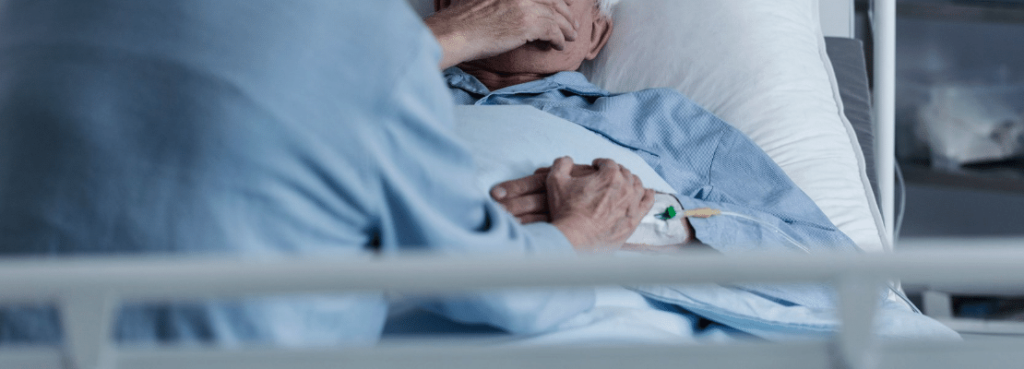
Cancer Surgery
Cancer Treatment Options
Surgery directly removes the primary tumor in the patient’s body. In theory, cancer can be cured if the tumor or affected organ can be completely removed. If cancer cells have already spread, doctors may arrange chemotherapy or radiotherapy to control tumor growth. However, this can lead to high and unpredictable treatment costs. Once cancer spreads or recurs, the cost can even exceed the budget. Nevertheless, these treatments are often covered in insurance claims, so there is no need to panic as long as you prepare in advance. For inquiries about the cost of cancer surgery, please contact reVIVE Oncology and Cancer Centre.
Surgical cancer treatment can be divided into four types as follows:
- Diagnostic – Resect tissue to determine how many cancerous lesions are in the body and examining the cells under a microscope (biopsy).
- Curative – Removing all of the cancerous tissues. This is usually feasible if the cancerous lesion is confined to one part of the body. An organ or part of it may be removed.
- Reconstructive (plastic surgery) – Done to improve the way you look and feel after an operation or to restore the function of the body.
- Palliative – Used to ease symptoms and side effects without trying to cure the cancer. For instance, surgery can remove a blockage in the bowel to reduce pain. Sometimes the cancer can be cured by surgery alone, or it may be adopted in conjunction with other types of treatment, such as chemotherapy or Radiotherapy.

Early-stage cancer treatment prioritizes surgery in the hope of removing cancer cells completely and achieving a radical cure. It is usually performed on localized tumors, such as early-stage liver and stomach cancer. It is not indicated for treating leukaemia or cancers that have spread.
Many patients diagnosed with advanced cancer have requested surgical treatment, believing that the treatment can be a radical cure if it targets the origin of the disease and eradicates the primary tumor. However, when the cancer is at an advanced stage or even metastasized, performing surgery does not bring much benefit. However, there are some exceptions. For example, if stage IV colorectal cancer has metastasized to the lung or liver, and the extent of metastasis is minor, sometimes the primary tumor can be removed together with the metastatic tumor.
Cancers Applicable for Surgical Treatment

Once the organ is removed, there is no way to regrow, and the body loses that part of its function. This may cause symptoms that the patient may suffer more than it was before surgery. For example, if the stomach and the pylorus are removed, the two major functions of “Food digestion” and “Food delivery to the duodenum” will be lost. The food will fall directly into the small intestine and the patient may suffer from abdominal pain and heart palpitations. The amount of the surgery required depends on the stage of the cancer. Therefore, in general, doctors will recommend surgery to remove the tumor as early as possible, as there are chances that the tumor is still small and has not metastasized. This can also help to preserve the original organs as much as possible.
Therefore, it is very important to carefully assess the tumor to see if it can be completely removed. On the contrary, if there is a high probability of incomplete removal, surgery should not be performed. Otherwise, the cancer may not be removed and the patient's life may be shortened due to the loss of function of some organs.
Side Effects

Prior to surgery, the patient will need to undergo the following tests if he/she has never done:
- Blood test
- Chest X-ray
- Electrocardiogram (ECG)
In addition, surgical treatment increases the body's need for nutritional supplements. People who are physically weak or underweight may need to maintain a high protein, high calorie diet before surgery. However, it is important to remember that eating and drinking are prohibited for a period of time prior to surgery, otherwise the surgery cannot be performed.
Points to Note After Surgery
- Avoid lifting heavy objects or strenuous exercise.
- Consume protein-rich foods such as eggs, dairy products, lean meats, etc., in a moderate manner to facilitate wound healing.
- Avoid smoking, drinking alcoholic and caffeinated beverages, and consuming stimulating foods, as they may hinder wound healing.
- Keep the surgical wound dry. Change the gauze immediately if the wound gets wet.
- Observe the wound. If the wound continues to bleed, swell, or have yellow-green discharge, please seek immediate medical assistance.
- If the gauze covering the wound is wet, change it immediately.
The doctor will arrange at least one follow-up consultation to ensure the wound is healing as expected, depending on the complexity of the surgery. The eating behavior of the patient may be affected if the surgery is carried out in areas such as the mouth cavity, stomach, intestines, or throat. However, if the condition of swallowing problems occurs, a feeding tube or intravenous injection may be needed.
Most importantly, the patient may need to take a long leave at work and have no income, if the recovery period is longer than it is expected to be. Patients should consult with their insurance company to see if the insurance claim has both the living and medical expenses covered.
For more information on cancer surgery, please contact reVIVE Oncology and Cancer Centre.



